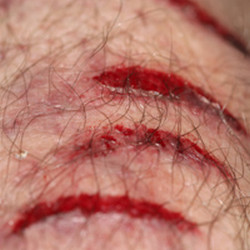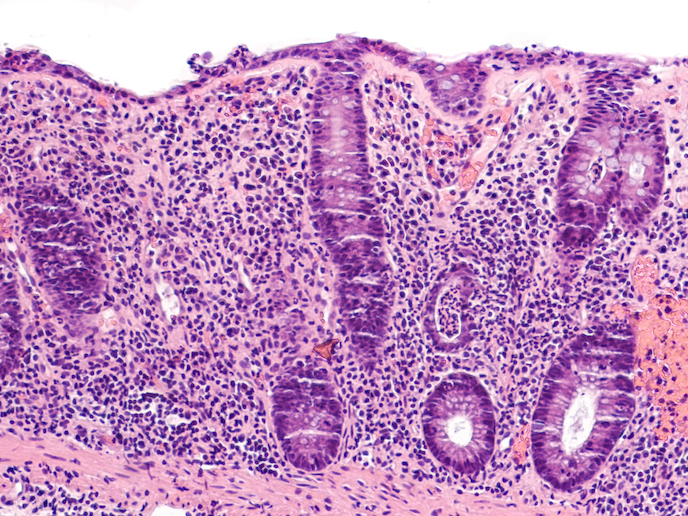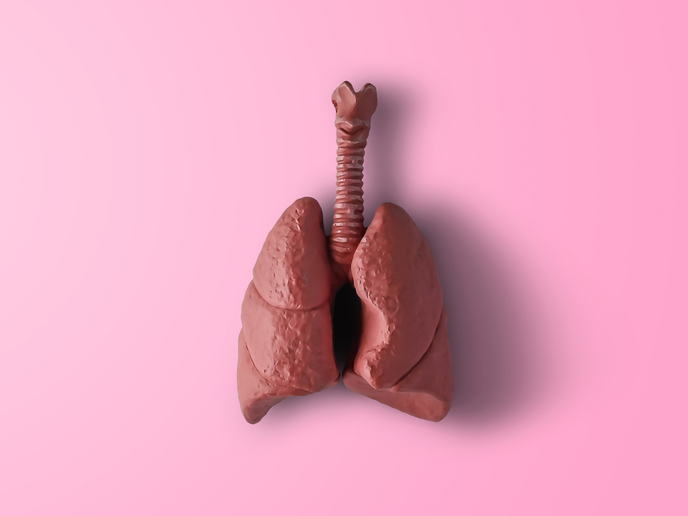Abnormal wound healing mechanisms
Fibroproliferative healing leads to progressive scar formation in tissues. Such organ fibrosis causes loss of function and could ultimately result in organ failure followed by death. Idiopathic pulmonary fibrosis (IPF) is indicative of such pathology. Thirteen academic, clinical and industrial partners joined forces under the 'Resolve chronic inflammation and achieve healthy aging by understanding non-regenerative repair' (RESOLVE) project. These scientists worked on unravelling the regulatory mechanisms involved in fibroproliferative wound healing. Scientists used human and animal disease models along with studies on IPF patients to obtain comprehensive data through clinical, functional and pathological tests. Skin, lung and liver repair were compared during regular, inflammatory and fibroproliferative wound healing in the young and the elderly. They also assessed their response to immunosuppressive treatment. RESOLVE successfully identified functional checkpoints delineating the differences between normal and fibroproliferative repair. Using systems biology analysis, cellular and phenotypic changes associated with abnormal wound healing were determined. They also discovered two main aberrations in repair control in fibroproliferative diseases of the lung. These are abnormally exaggerated growth mechanisms accompanied by sustained loss of cellular differentiation. Nineteen mRNA markers helped successfully differentiate between lung samples of healthy and IPF patients. Scientists developed and validated DNA methylation assays that accurately predicted idiopathic interstitial pneumonia or IPF 93 % of the time from cell-free DNA in serum. Additionally, they identified promising biological and chemical compounds for future drug development that could alleviate IPF. Interestingly, some of these are already being tested in other clinical IPF therapy trials. Scientists developed test systems that include novel transgenic mice models as well as patient-specific IPF hiPS lines. Along with this, new gene expression analysis and sequencing tools and lung models were also developed. Together, these will be invaluable in assessing therapeutic efficacy in instances of fibroproliferative repair. RESOLVE outcomes have paved the way for future research and drug developmental activities that will promote healthy ageing and better quality of life.
Keywords
Ageing, non-regenerative, healing, inflammation, fibroproliferative, scar, pulmonary fibrosis, systems biology, phenotypic, marker, assay







